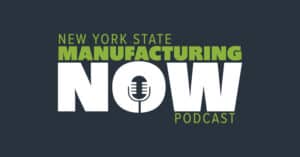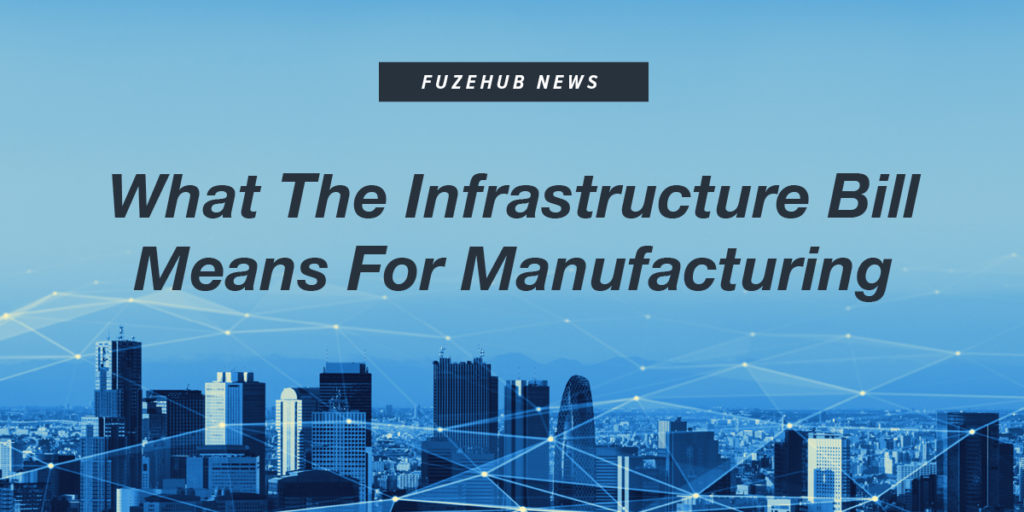With the recent passage of the $1.2 trillion infrastructure bill, there will soon be many new opportunities for U.S. manufacturers. Of course, as we all know, securing and maintaining those opportunities through new government contracts, while lucrative, won’t be easy or fast—thanks to bureaucracy, regulations, paperwork, and the like. But those challenges will be worth overcoming.
Among its provisions, the bill includes funding allocations of $89.9 billion to improve public transit, $65 billion toward better internet connectivity and access, and money for 500,000 electric vehicle charging stations, which could help address charging “deserts.” All of that’s good news for manufacturers who are already experiencing high demand, which could “continue on for months, if not years, going forward,” David Zrostlik, president of Stellar Industries, recently said in the Wall Street Journal.
The volume of the spend in the bill alone will have a positive effect on manufacturers. “Having a trillion in additional spending in the economy is likely to be a positive for anyone in the supply chain, from suppliers and manufacturers to those in shipping.
“The bill specifically encourages US iron, steel, and manufactured products. It provides money for energy efficiency operations, building materials, and manufactured products that can be used for sustainability.”
Ben Johnston, COO at Kapitus
5G Applications and Connectivity
The expansion of broadband infrastructure will accelerate the ongoing technology revolution in manufacturing by opening up a wider variety of options for factory locations and allowing for more talent development in rural areas. More robust broadband will allow for the expansion of 5G, which decreases latency and allows companies to use data in real time. The improved reliability of 5G networks will also mean organizations can use more connected devices in their operations—a crucial aspect of manufacturers’ increasing efforts to use data in new ways to drive business operations.
Manufacturing related allotments
Specific allotments that will directly affect manufacturing and energy:
- Roads and bridges—$110 billion
- Public transit—$39 billion
- U.S. passenger rail system—$66 billion
- Broadband internet infrastructure—$65 billion
- Electric grid—$65 billion
- Electric vehicles, buses, ferries—$7.5 billion
- Clean drinking water—$55 billion
- Airports—$25 billion
- Road safety—$11 billion
- Climate change mitigation—$28.5 billion
Official Statement from the White House
U.S. market share of plug-in EV sales is only one-third the size of the Chinese EV market. That needs to change. The legislation will invest $7.5 billion to build out a national network of EV chargers in the United States. This is a critical step in the President’s strategy to fight the climate crisis and it will create good U.S. manufacturing jobs.
Further Reading/References
Infrastructure Projects to Boost Sales and Prices, Industry Executives Say – WSJ
What The Infrastructure Bill Means For Manufacturing (forbes.com)
What Biden’s $1.2T infrastructure package means for manufacturing and energy (rsmus.com)
Infrastructure Bill Delivers Promise and Opportunity to Manufacturers | designnews.com
Related News

Podcast: The Fun in the Fund
Have you ever wondered what ignites the spark of innovation in New York’s manufacturing scene? Patty Rechberger of FuzeHub’s Jeff

NYS Manufacturing and Tech News 2.19.24
GlobalFoundries receives federal funding to expand and create new manufacturing fab in Malta “GlobalFoundries is set to receive $1.5 billion

What It Takes to Reach The Summit
What does it take to put on the NYS Innovation Summit every year? It takes speakers: the experience, the thought


